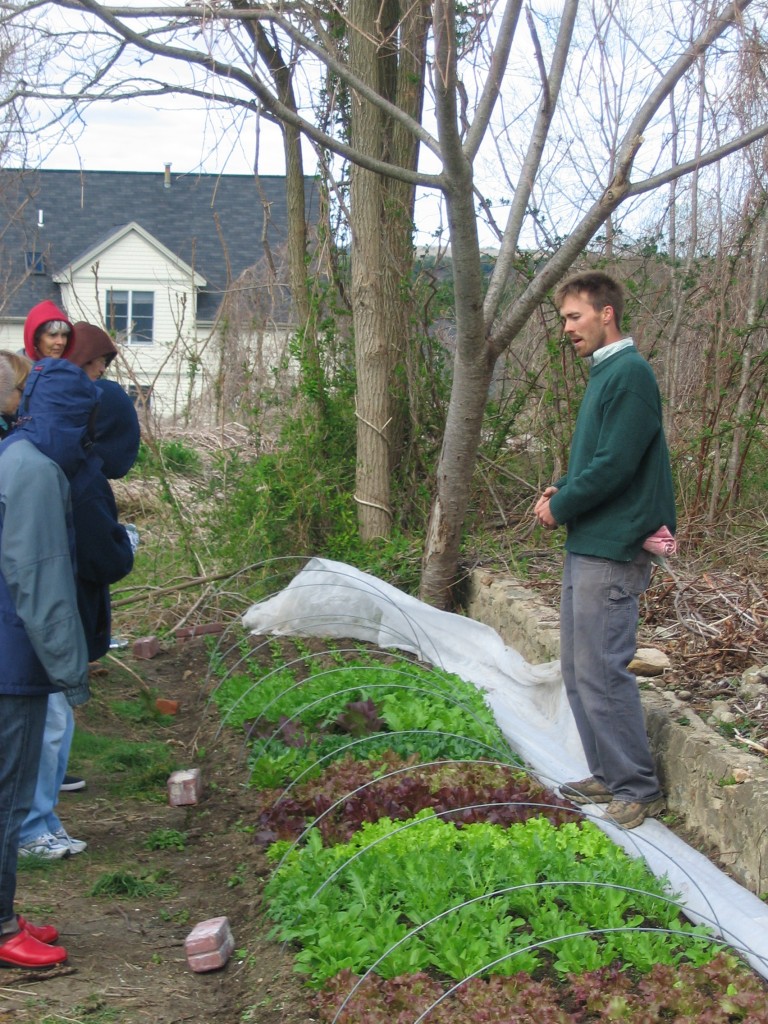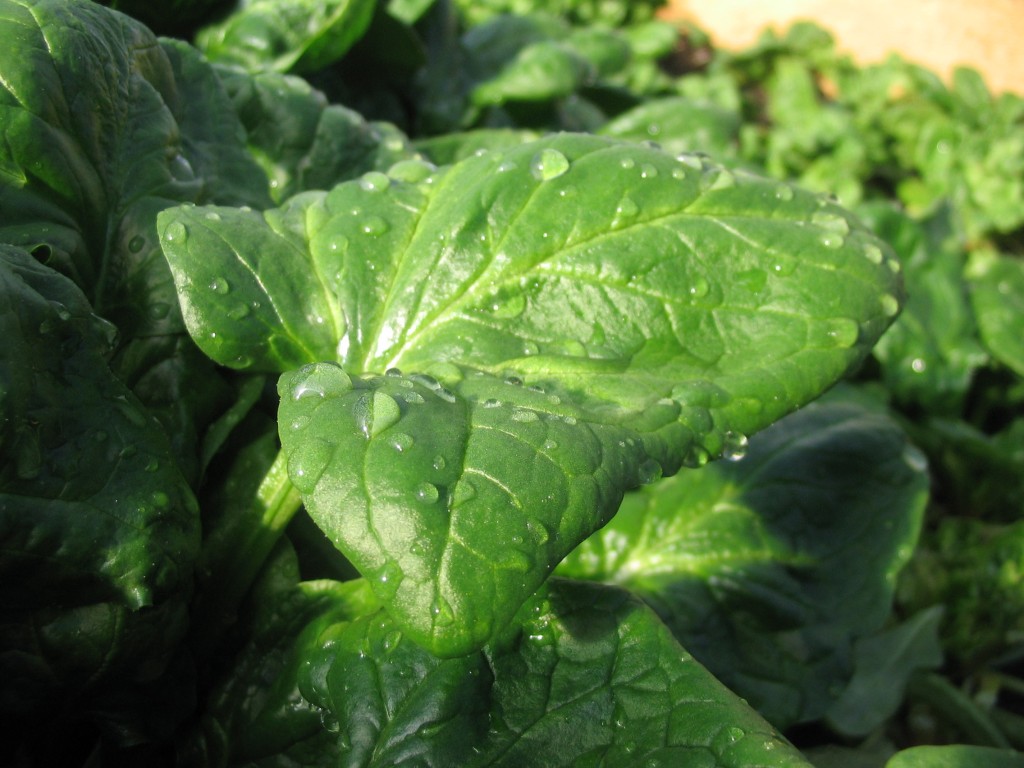Greetings,
Here are .pdf copies of our presentation Growing Profit & Health – Cation Trace Minerals & Vegetable Production (Copper, Iron, Manganese, & Zinc). Hope the workshop was worthwhile, let me know if you have any feedback to share.
Just a couple of other quick items…
1. Someone asked for a copy of bibliography/recommended reading – if there is anyone who wants a deep dive on specific studies/academic papers let me know, but here’s the general reading list worth considering…
I should note that the Soil & Health Yahoo group is a great forum for mineral balancing/mineral fertility conversations – http://groups.yahoo.com/group/soilandhealth
2. This year’s NOFA Bulk Order (http://www.nofamass.org/programs/bulk-order-program) has micro nutrients on page 5 – I’m not sure what quantities are of the sulfates form of traces listed, but this is another option for folks looking to purchase bag quantities of traces. I should note that in our experience some of the traces (Zinc Sulfate especially) will quite readily take on moisture and make subsequent measuring & mixing difficult. I would recommend storing any sulfate forms of traces in a rubbermaid container, and if you want Zinc to be easy to use down the road, take additional measures to minimize the introduction of moisture. Potentially storing smaller quantities in ziploc containers…
I neglected to discuss applicator/worker safety on Saturday. Protective gear is a good consideration, you can access MSDS on any material you purchase and I recommend doing so. Wearing respirators, eye protection, and gloves may be recommended – we use common sense at the farm, always have a clean bandana with us when we are mixing/spreading, don’t mix in a closed up space where you’ll be exposed to dust for long periods of time, and wash hands after working with any material. We trust each farm/garden will figure out what the best protocol is for them…
3. Hope to see some folks at this year’s Soil & Nutrition Conference (details below), I recommend you register soon to guarantee your spot as we anticipate reaching capacity this year… and here’s the link to info about our season long series (Mar 22, June 14, Sept 13) we are hosting at the farm – http://www.nofamass.org/events/growing-vegetables-health-quality-and-profit-season-long-series
Thanks,
Derek
We had initially invited Jerry to be one of our featured speakers at this February’s Soil & Health Conference, knowing full well it was 50/50 whether his health would allow teaching in the new year. By mid-September we transitioned our conference planning to plan B and have put together a promising line up, including John Slack from Boreal Agrominerals in Ontario. John Slack, and his father before him, have been the force behind marketing Spanish River Carbonatite (see http://www.borealagrominerals.com/resources.html) and we are really excited to have John sharing his knowledge of soil development and geo-chemistry with our community.
John will be joined by Mark Fulford, Bryan O’Hara, Dan Kittredge, & myself in Northampton on February 11th & 12th – http://www.nofamass.org/events/2015-soil-and-nutrition-conference … we’ve already got more than 90 folks registered from throughout the Northeast and are looking forward to a lively 2 days. The return to Northampton with farmer friendly registration fees and Mira’s delicious cooking guarantee the conference will be great. Hope you’ll consider joining us this year.
~Derek

